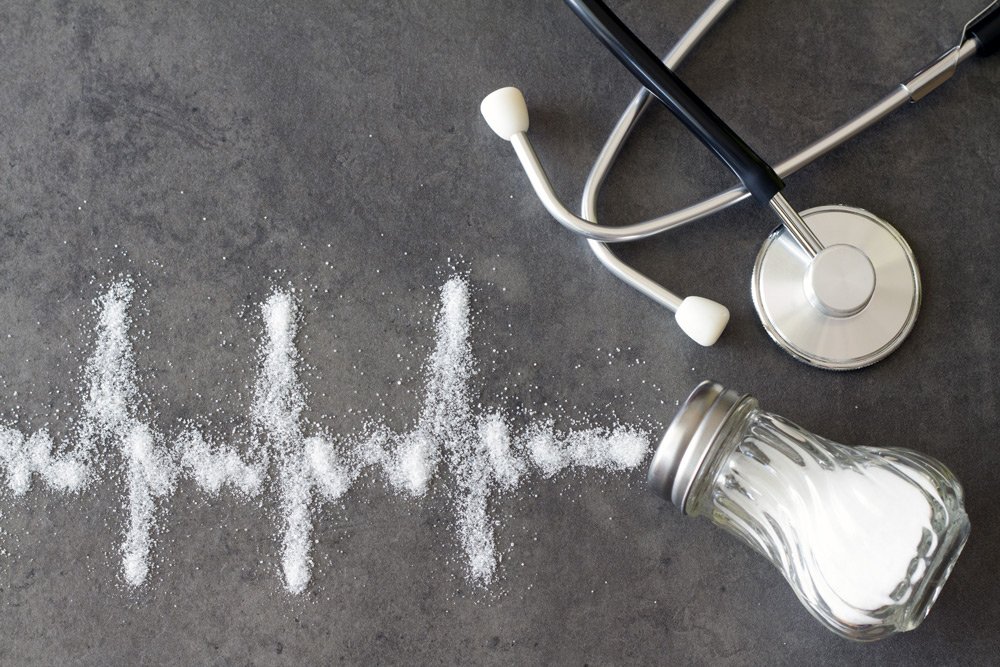How to Reduce Your Salt Intake
 High blood pressure, which often leads to various forms of cardiovascular disease, has become a national epidemic. The culprit? Sodium.
High blood pressure, which often leads to various forms of cardiovascular disease, has become a national epidemic. The culprit? Sodium.
For some, limiting sodium intake comes easily. For others, who maybe haven't really given it much thought, limiting sodium intake can be a daunting task. Sodium is added in food processing and packaging, so when we eat at restaurants or buy many packaged foods, we are much more likely to take in high amount of sodium and not realize it. The average American takes in over 3,500 mg of sodium per day. So, what's our goal? The American Heart Association recommends no more than 2,300 mg sodium/day and working toward an ideal limit of no more than 1,500 mg sodium/day for most adults.
How can I tell how much sodium I'm consuming?
- Read labels!
- Look for foods labeled "Low Sodium" or "No Salt Added."
Note: 1 tsp. salt = 2,350 mg sodium
How can I decrease my sodium intake?
- Eat more fresh whole foods including fruits, vegetables and whole grains.
- Cook with other herbs and spices and skip the saltshaker.
- Identify foods in your typical diet that are high in sodium and look for alternatives.
- Example: Choose no salt added corn tortilla chips and make your own salsa.
- Be cautious when eating out. Almost all restaurant foods tend to be high in sodium.
- Ask about preparation methods.
- Ask for sauce and dressings on the side.
High blood pressure not only increases the risk of cardiovascular disease but is especially dangerous because there are no obvious symptoms. Stress, high sodium intake and preexisting medical conditions all play a role in high blood pressure. While the condition cannot be cured, high blood pressure can be prevented.
Are you at risk? Here are your next steps:
- Visit your health care provider to discuss your individual health needs and help pave the way to good health.
- Get active!
- If you have nutrition questions or would like help with your eating habits, ask a cardiac nutritionist or other dietitian.